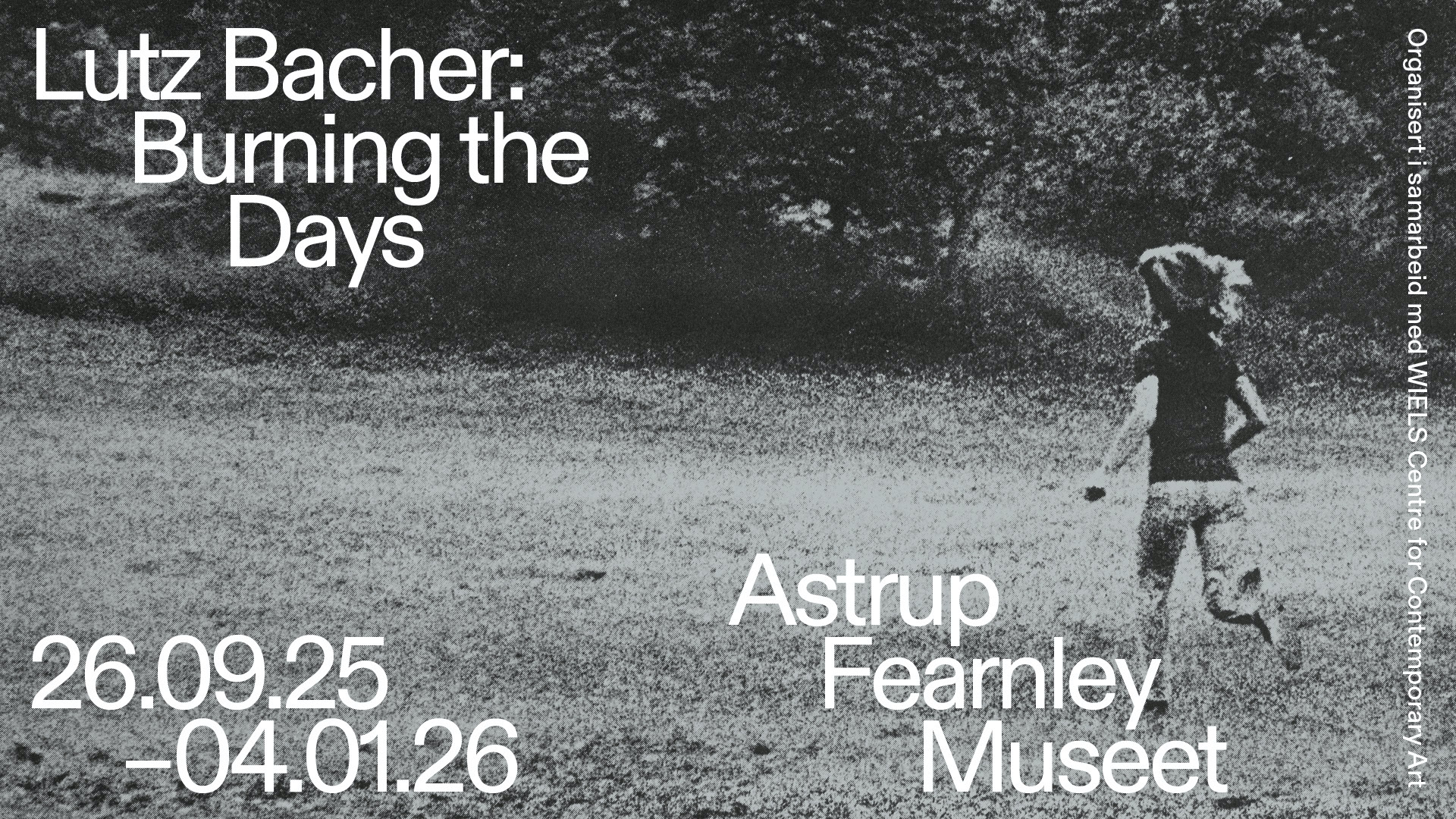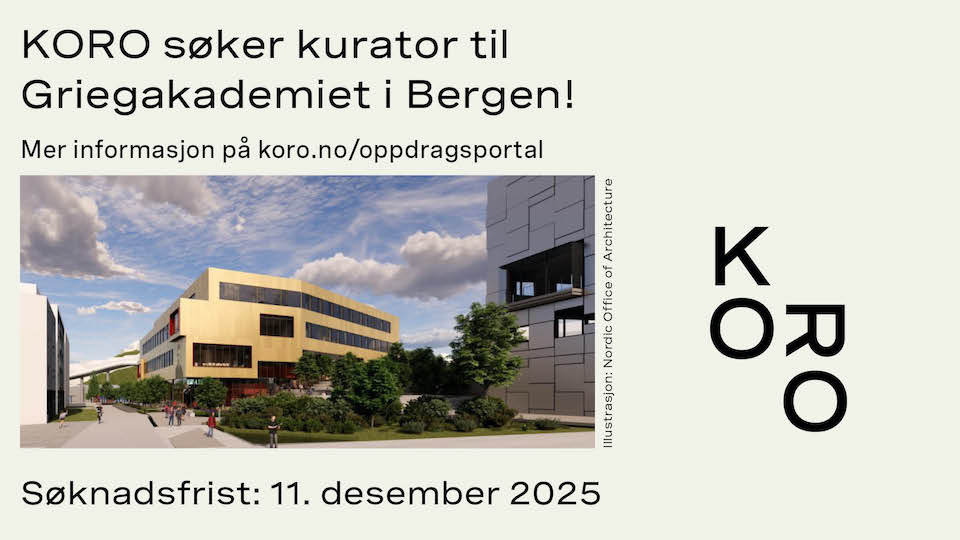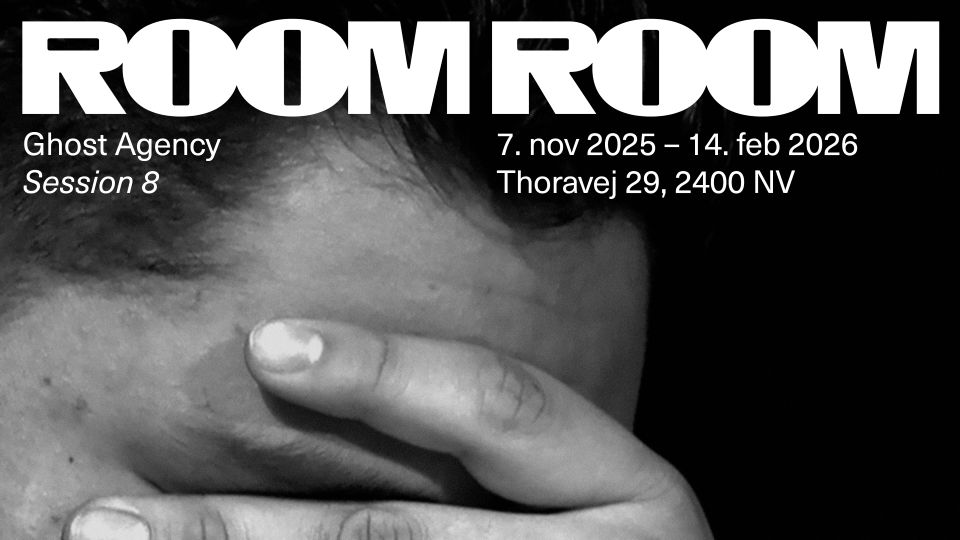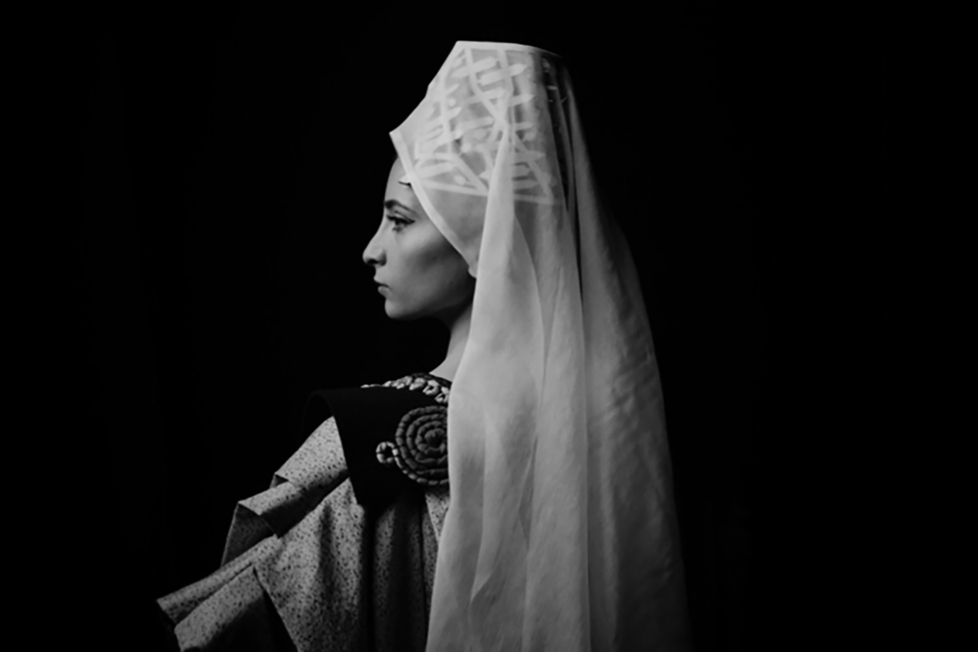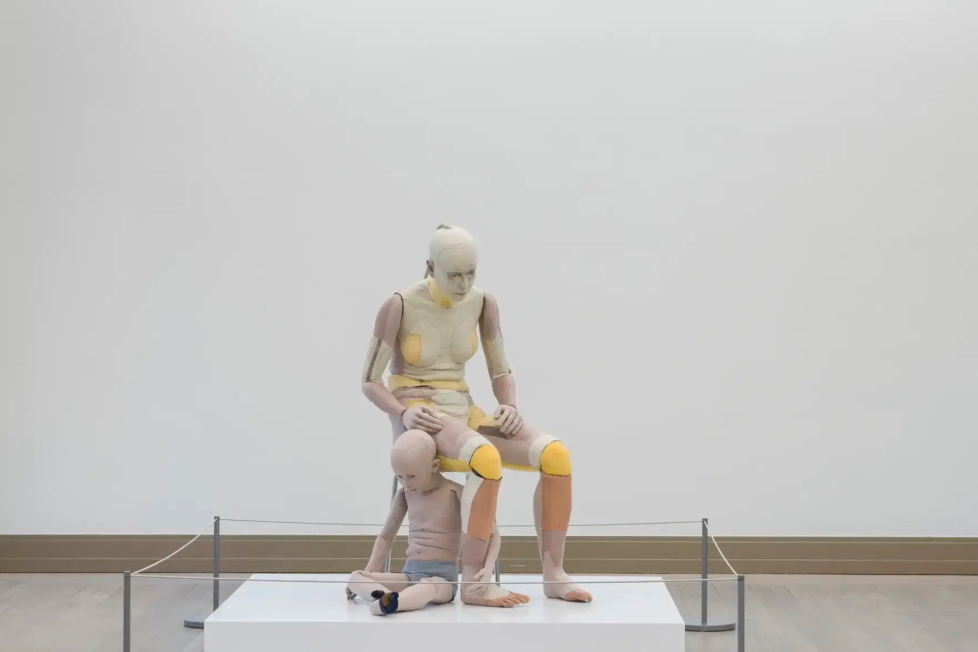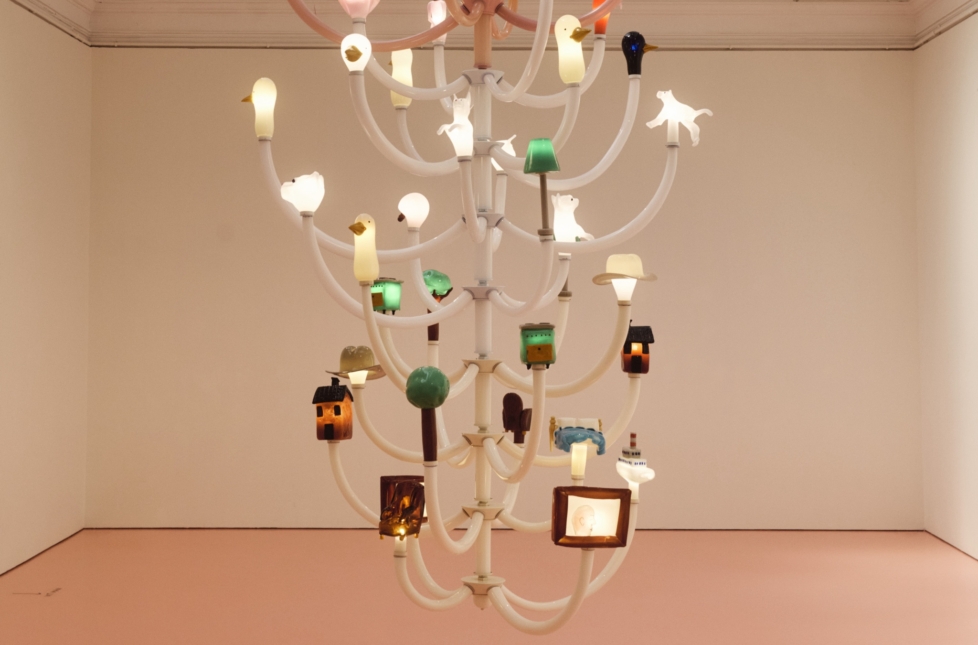
This year’s WEXFO World Expression Forum, which took place from 22 to 23 May in Lillehammer, was the second edition of the event gathering individuals and organisations which are in some way focused on monitoring or facilitating freedom of expression. The aim of the forum is, as the organisers put it, “to empower global free speech based on high-level guidance, best practice, and high-quality analysis,” and to showcase progress as free media and various forms of art are understood as fundamental preconditions of freedom of expression. The WEXFO itself functions as an arena for “those with a firm belief in freedom of expression as a prerequisite for a global sustainable development.” The intense program of discussions, workshops, and lectures brought a wide spectrum of cases from all around the world as seen from the different perspectives of activists, artists, publishers, journalists, lawyers, and academics.
Before going into the details, it might be helpful to remind readers of the obvious: freedom of expression understood as an idea, principle, and right to hold opinions and express them freely without governmental interference does not exist in a vacuum, but is dependent on political systems, structures of power (both real and symbolic), and additional factors such as economy, social structure, education, and culture are equally significant.
Legally, freedom of expression is protected globally by Article 19 of the United Nations Universal Declaration of Human Rights, and in the case of the EU by Article 10 of the European Convention on Human Rights. Freedom of expression includes receiving information from other people by being part of an audience or reading a newspaper. This is why publishers, newspapers, and journalists occupy a special place on the freedom map (and not so long ago, in 2018, Time magazine gave its Person of the Year award to “The Guardians,” journalists who faced persecution, arrest, or murder for their reporting). Freedom of expression remains particularly vital to artists, musicians, dancers, and other creative actors, granting them the right to express themselves in a chosen way. As Anine Kierulf, an associate professor of constitutional law at the University of Oslo and special advisor to the Norwegian Human Rights Institution, emphasised during her presentation, the rights that protect freedom of expression are created to protect individuals, not ideas.
If I had to describe my impression of WEXFO 2023 in one word, it would be dissonance. Or rather, multiple dissonances. Commenting during one of the debates on what it meant for her to get a place at the table as a young activist, Philippian Arizza Nocume, co-founder and president of KRIS, a non-profit organisation that promotes peace through education and youth leadership, expressed that dissonance well:
We were invited to come here to talk about all those problematic issues in our countries because in the first place, we were exploited by European companies and as an effect have the repressing autocracies. As a person who’s got a place at the table, I can talk about positive things and outcomes and that things can turn out positively, but since I’m here in Norway from the Philippines I should express my worry for those Philippians working here as au pairs, and who in many cases experience a legally accepted slave system, that nobody wants to talk about.
The dissonance was also connected with what I would describe as different patterns of understanding, and different ways of representing key problems and issues. Syrian writer and academic Karam S. Nachar’s talk was a perfect example. Nachar started his speech by declaring that he was not going to show any pictures because what image of Syria do ‘we’ already have? An image of a 2-year-old Alan Kurdi lying dead on the beach? Images from the Ghouta chemical attack carried out by the forces of Syrian President Bashar al-Assad in August 2013 and people dying on the streets? Or maybe images of destroyed cities, ruins, and debris? He concluded: “that is not the image of Syria I want you to have, as there are also other narratives and stories.”
I hear very well what he was saying. If knowledge about another place or nationality is shaped by mainstream media narratives composed of snap images, clichés, and stereotypes, the challenge to change that simplifying narrative remains a difficult task. On the one hand, this confirms the importance of good reliable journalism. On the other hand, there is no way to force people to choose knowledge or truth over not-knowing or – in an algorithmically shaped world – a different version of the ‘facts’ that better fits their preferences. The key point here is that those who don’t know have to be willing to acquire knowledge, even or precisely if they have no particular interest in doing so (as acquiring knowledge usually involves doing something with it).
This phenomenon was described by the Dutch scholar Gloria Wekker in her book White Innocence (2016). The book focuses mostly on the contexts of racism, but it also captures the dissonance I’m describing here. The word innocence is most often associated with something positive: a child’s state of mind or a lack of guilt. However, as Wekker points out, innocence includes passivity as it means not only ignorance, but also the lack of willingness to learn something new. Wekker refers to Charles W. Mills’s epistemology of ignorance, pointing to the reluctance of – in that particular case – the privileged to understand the prevailing principles in a world that benefits them. This is exactly how smug ignorance works by simply rejecting the opportunity to acquire knowledge. This passive character of innocence can also take on a violent or discriminatory trait because, consciously or unconsciously, individuals act and take decisions according to their knowledge about the world.

For instance, I experienced another interesting clash of perspectives during the forum’s session on publishing. A fully-funded PhD candidate from the UK raised concerns about the obligation to put a copy of their dissertation in the library (with an embargo on its digital version) because they wanted to use that material for future publications, as publishing is key to having an academic career. I have trouble with that case, not even particularly because, as most people from unprivileged backgrounds and countries, I did my PhD (which was not funded) while working full-time at other jobs and teaching for free as a part of my PhD duties, so publishing anything was impossible. But mostly, I take issue with that argument because it fails to see the broader context.
Of course, protecting the author’s rights to their work and to choose the way their texts are published are primary – both in academia and outside. These matters need to be discussed and regulated, especially in the face of the global corporate publishing system, internet platforms, and AI. But to pose this problem from a career perspective without problematising the current state of academia – which these days functions as a corporate system for ‘careers’, ‘points’, and ‘grants’, in which only people with geographical, financial, class, and language (English) privileges can succeed – is, at best, unfortunate. Perhaps academia should be about education, teaching, research, and science? And when in the same workshop, the cases discussed are jailed journalists and the lack of publishing possibilities under authoritarian regimes, the framework is rather problematic, to put it mildly.
Echoes of the above-mentioned innocence pattern were also heard in the speech of Nazifa Jalali, an Afghan religious scholar and writer currently living in Harstad, Norway. Commenting on the situation in Afghanistan, she said: “We have the solutions, but the international society doesn’t want to hear us. They say ‘we are sorry’. We don’t need your ‘sorry’.” Thus understood, innocence – hierarchisation of knowledges and epistemologies – impacts whose solutions are implemented.
As long as the talks focused on current issues, there were also interesting approaches showing relations between the past and the present. One of the highlights at WEXFO was a lecture by Caroline Janney, professor and director of John L. Nau Center For Civil War History, on the morality debate in the United States. Janney showed that the current debates and actions happening there, like bills that restrict the teaching of critical race theory, ‘anti-woke’ acts, book banning, and other forms of censorship connected mainly to education, can be better understood in a historical context. For instance, ‘A Lost Cause’ – or, in its full version, ‘A Lost Cause of the Confederacy’ – is a myth that claims that the Confederate States’ cause during the American Civil War was just, heroic, and not centred on slavery. In other words, a white-washed version of history that was taught in schools beginning in 1866 and which grounded the influence of racism and other stereotypes in the southern United States to the present day. This ‘history’ is nothing new, but we should be worried that it is coming back.
Not surprisingly, the Ukrainian case was visibly present too. Christo Grozev, one of the key figures in unraveling Russian propaganda, gave an insightful talk with examples of how to use open-source intelligence and networks of journalistic sources to expose the truth about the current war in Ukraine and human rights abuses. And while the International Publishers Association awarded this year’s main Prix Voltaire to Iraqi publisher Mazin Lateef, who was abducted in January 2020 (the prize was accepted by his son), a Special Award went to the Ukrainian children’s book author and poet Volodymyr Vakulenko, who was murdered in Ukraine in 2022. Accepting the award on Vakulenko’s behalf, Ukrainian writer and war crimes researcher Victoria Amelina said;
I am a Ukrainian writer speaking on behalf of my colleague Volodymyr Vakulenko who, unlike me, didn’t survive another attempt by the Russian Empire to erase Ukrainian identity. The Ukrainian literary community is grateful for the award. This award is unique, meaningful, and moving to us, partly because no one out of hundreds of other Ukrainian writers who, like Vakulenko, were murdered throughout Ukrainian history ever received such an international award posthumously. I am sure that Volodymyr Vakulenko would like to dedicate this award to them too.
I can only finish that fragment with the words of Ukrainian human rights lawyer Oleksandra Matvijtsjuk: “Putin is not afraid of NATO, he’s afraid of the idea of freedom.”
How to summarise WEXFO 2023? It is an impossible task, but what should be said at the outset is that gathering so many speakers from all around the world, for an event that happened for just the second time, certainly required a lot of work and preparations; the whole event was well organised and, in that sense, the entire team deserves huge congratulations. Secondly, when it comes to the arts, the subjects covered were related to the protection of artistic rights, self-censorship, and AI. But what was very visible to me was that all of those art issues were relegated to the workshop rooms – none were discussed on the main stage. To be very precise, the main stage hosted a performance by Koleka Putuma, The Revolution will not be Televised; it will be live-streamed, and a live music performance during the Prix Voltaire award ceremony, but no talks about art. In that respect, looking at the program from a creator’s perspective, it felt as though artists had disappeared in politics. I take it as a conscious choice. The State of Artistic Freedom, a report issued annually by the international NGO Freemuse, shows that 2022 was the worst year ever for artistic freedom: 70 per cent of the world’s population lives under dictatorships; that corresponds to 5.4 billion people. The already high numbers are increasing.

The format of the WEXFO event, in which voices and subjects change with an overly fast tempo gave an ambiguous effect, and I often felt that vital ideas and words were disappearing the second after they emerged. As I tried to show in the previous examples, the dissonance was not so much caused by the rapidly changing content, but more by the contexts. Or, to put it differently, the clash between brilliant lectures, powerful personal speeches, and urgent issues on the one hand, and the perspective of unrecognised privilege, Western clichés, and generic remarks on the other. Perhaps WEXFO’s aim is that all those talks and issues should be experienced as a clash; perhaps it is a different clash than the idealistic Voltairean opposition that I’m writing about?
First and foremost, to discuss opposed opinions requires an equal ground on which opposing points can meet. And to emphasise: opposing, not polarised. The old school would pay attention to the importance of the place, as in Hannah Arendt’s writing (I’m mostly thinking of The Human Condition (1958) here). Public space is intrinsically connected to people, a common ground to be seen and heard. To the ancient Greeks – the original reference – this was the great privilege of public life, as it was lacking in the privacy of the household, where everything was hidden and could neither appear nor shine. I prefer the words seen and heard – and not, for instance, “what is visible,” or “what is said” in public – as they stress the activity of the subject; it is both the privilege and burden of the subject to be active, to see and hear – and to think critically. However, subjects might be ignorant, and indifferent; they may absorb the dominant discourses without reflection. Contemporary challenges bring new problems. If someone says the Earth turns around the sun and someone else says the opposite, there is no ground for discussion because science should be the final arbiter. But is it really? Looking at the vaccine discussions during the Covid pandemic, I would say, not necessarily.
The new school seems more complicated. For instance, I’m thinking of Russians who truly support the war and believe in propaganda. What would convince them otherwise? Would photographs taken by reporters, satellites, or civilians convince them? Would witnesses’ words, recorded phone calls, and chats convince them? Would stories of raped women, children, and elderly people make them believe? Would material objects like destroyed houses and debris from cities like Mariupol convince them? Would material objects like fléchettes found in dozens of civilians’ bodies in mass graves in Bucha convince them? Would the verdict of a new Nuremberg convince them? If, as philosopher and art historian Georges Didi-Huberman suggests in Images in Spite of All (2008), to understand, to know, we must imagine for ourselves how the same photographs, facts, words, and material objects create different realities. Perhaps the context would have to change, as the same content with a different context changes meanings. Is it possible to discuss having different contexts? The real question here wouldn’t be what is true or false, but rather what constitutes the ground on which such a thing as true or false is at all possible.
Coming back to the WEXFO, it is surely a very powerful position to have the resources and possibilities to invite; to choose who will speak and on which terms and conditions. It would be equally powerful if the host could recognise its privileges. As an example, while starting her speech on the panel ‘Silenced and Marginalized?’, Jalali excused herself for her English. She explained that she had never been to a language course and learned the language from the movies. The whole WEXFO event takes place in English – the language of the global economy, academia, and art – privileging native English speakers and people from the Global North who have the resources to master that language. For people living in less privileged regions, to speak impeccable English is mostly a question of money and (or) social class, not to mention other basic conditions like access to education, healthcare, or simply peace – especially activists fighting for human rights are usually occupied with other things than learning English. That’s why it would be great to hear more voices speaking in their own languages with a translator for the audience.
Another crucial aspect is accessibility. Those who would benefit from the talks at WEXFO very likely can’t get there, as the fee to attend the forum starts at around NOK 6000 (EUR 500), which, even for a person living and working in Norway, is a significant amount of money (unless it is covered by an organisation). This fact simply makes this event for the invitees already existing in established networks or economically privileged (that economic issue is much better targeted for the young participants attending WEXFO Youth). And last, but not least, it would be great to have a more critical eye on the host country: Norway.
Writing from the perspective of art, a new law will be implemented this year introducing a fee for higher education, including the art academies, for people from outside of the EU (and Switzerland) region. Meaning that there will be fewer students from countries outside the EU studying in Norway. This adds to the fact that artists with minority backgrounds already living and working in Norway have to face various troubles, unknown to their Norwegian colleagues, that limit their freedom of expression. For instance, the aim of Verdensrommet (Space), a solidarity network of mutual support created by artists for artists, is to target those multiple issues (administrative, economic, practical etc.). Perhaps those issues could be addressed next year?
And lastly, a more general comment for all Norwegian cultural organisations. Diversity – which has been such a popular concept in recent years – is not measured by the number of seminars and guests talking about it, but by the percentage of people with minority backgrounds working in the institutions and structures that have a real impact on real decisions. Having mentioned the privileges connected with language and economy, I would love to see the statistics showing how many non-Scandinavians and non-native English speakers are in positions of power within Norwegian cultural institutions: directors, board members, curators, and other posts where someone’s voice and decisions actually matter. Isn’t that also a way in which the freedom of expression can be shaped? Or should I ask whose freedom?

